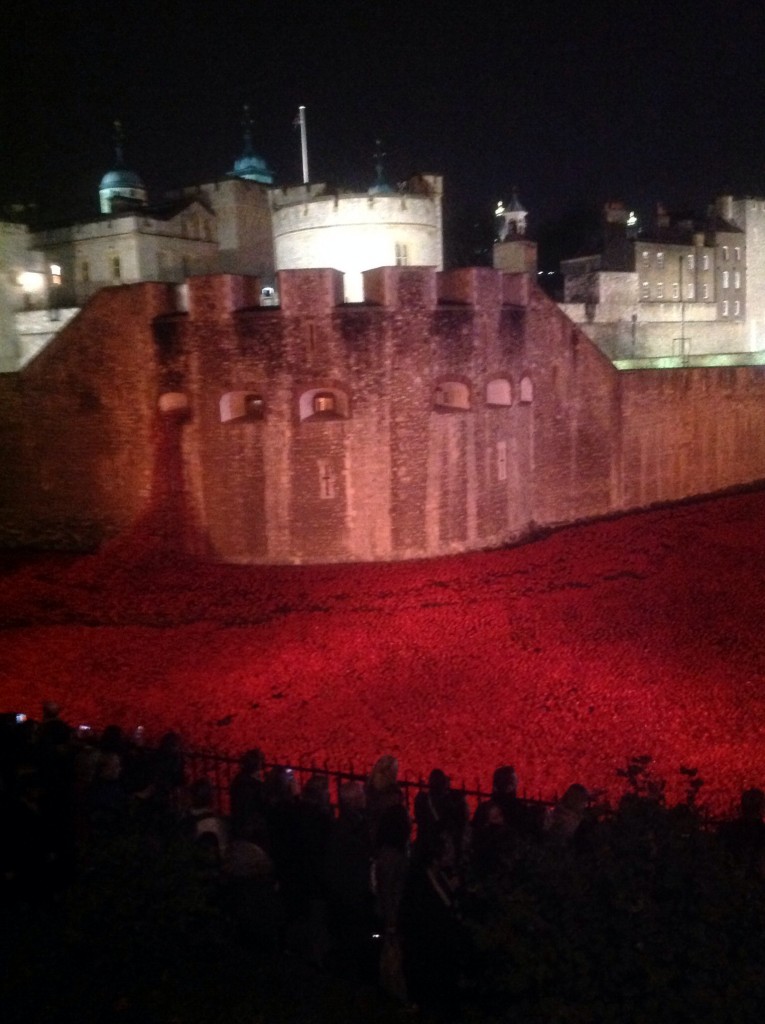People have different types of blood, known as blood groups.
The two main systems for classifying blood groups are:
the ABO blood group system
the Rh system
How are blood groups determined?
Your blood group is determined by genes that you inherit from your parents. It depends on substances in your blood:
antigens – proteins found on the surface of red blood cells that cause antibodies to be produced
antibodies – infection-fighting proteins found in plasma (the liquid part of blood) that are part of your immune system and attack specific antigens if they’re found in your body
The ABO system
Under this system, your blood may belong to one of four groups:
A – you have A antigens on your red blood cells and anti-B antibodies (antibodies that attack B antigens)
B – you have B antigens and anti-A antibodies
AB – you have A and B antigens and no anti-A or anti-B antibodies
O – you have no antigens, but both anti-A and anti-B antibodies
Group O is the most common blood type in the UK.
The Rh system
Red blood cells can also have another antigen called the rhesus factor (Rh factor).
Your blood can be:
RhD positive (also called rhesus positive) – the antigen is present
RhD negative (also called rhesus negative) – the antigen is not present
Most people in the UK are RhD positive.
Your blood group
Your blood group is determined by your ABO group and your RhD group. For example, if your blood is group O and RhD positive, your blood group is O positive.
Why are blood groups important?
Healthcare professionals will check someone’s blood group if they need a blood transfusion, where blood is taken from one person and given to someone else.
Some blood groups cannot be mixed with each other. For example, if your blood is type A, you cannot receive blood from a person with type B blood, because the anti-B antibodies in your blood will attack the B antigens in the donated blood. This can be fatal.
This is why blood groups are checked when people donate blood.
How can I find out my blood group?
You can find out your blood group by giving blood. See How can I find out my blood type? for more information.
Read the answers to more questions about NHS services and treatments.
